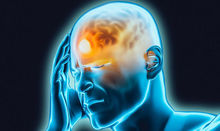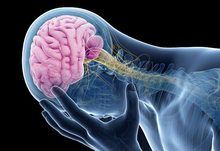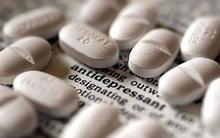Should the gut microbiota be a target for treatment in people with anorexia?

Should the gut microbiota be a target for treatment in people with anorexia? The gut microbiota consists of a community of microorganisms that live in our digestive tracts. Interest in gut microbiota has increased dramatically over the last decade as these microorganisms have many physiological roles in our body. Microbiota are important for digestion, have […]
Continue reading








